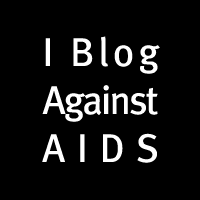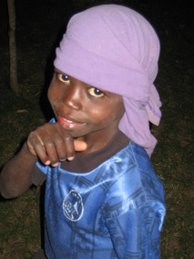African Women Confront Bush’s AIDS Policy
Yifat Susskind of Foreign Policy in Focus writes:
...[G]rowing numbers of people around the world know that sub-Saharan Africa is the epicenter of the AIDS pandemic: three-quarters of AIDS deaths worldwide have been in Africa, and today the continent is home to nearly two-thirds of all of those who are HIV-positive (more than 25 million people). Fewer people know that most Africans living with HIV/AIDS are women, and that young women are now being infected at a rate three to four times higher than young men. For many, this information is absorbed through a mesh of stereotypes that make human misery
seem like a natural condition of life in Africa .
But while AIDS—like the litany of this year's natural disasters—may have originated in nature, the magnitude of its destruction is a man-made catastrophe. Consider the following:AIDS, unjust economic policies, and women's inequality are mutually reinforcing crises; combating any one of these requires addressing them together. But too often, public health programs, government policies, and even activists compartmentalize issues, missing critical points of inter-connection that are keys to effecting change.
- Since the 1980s when AIDS first emerged, the United States has demanded “economic austerity measures” in impoverished countries. In Africa , these policies cut national health budgets in half just when public health systems needed to be ramped up to combat AIDS. Today, the pandemic is the single
greatest obstacle to economic development in Africa .- To bolster already-huge profits of U.S. pharmaceutical companies, the Bush administration has blocked the sale of affordable generic drugs that have saved millions of lives in rich countries.
- Women are made particularly vulnerable to HIV infection because they are denied the rights to refuse sex or insist on condom use. As the majority of those living in poverty and the poorest of the poor, women are more likely to contract HIV and more likely to develop symptoms of AIDS soon after they are infected.








1 comment:
Natasha - please get in touch.
Post a Comment